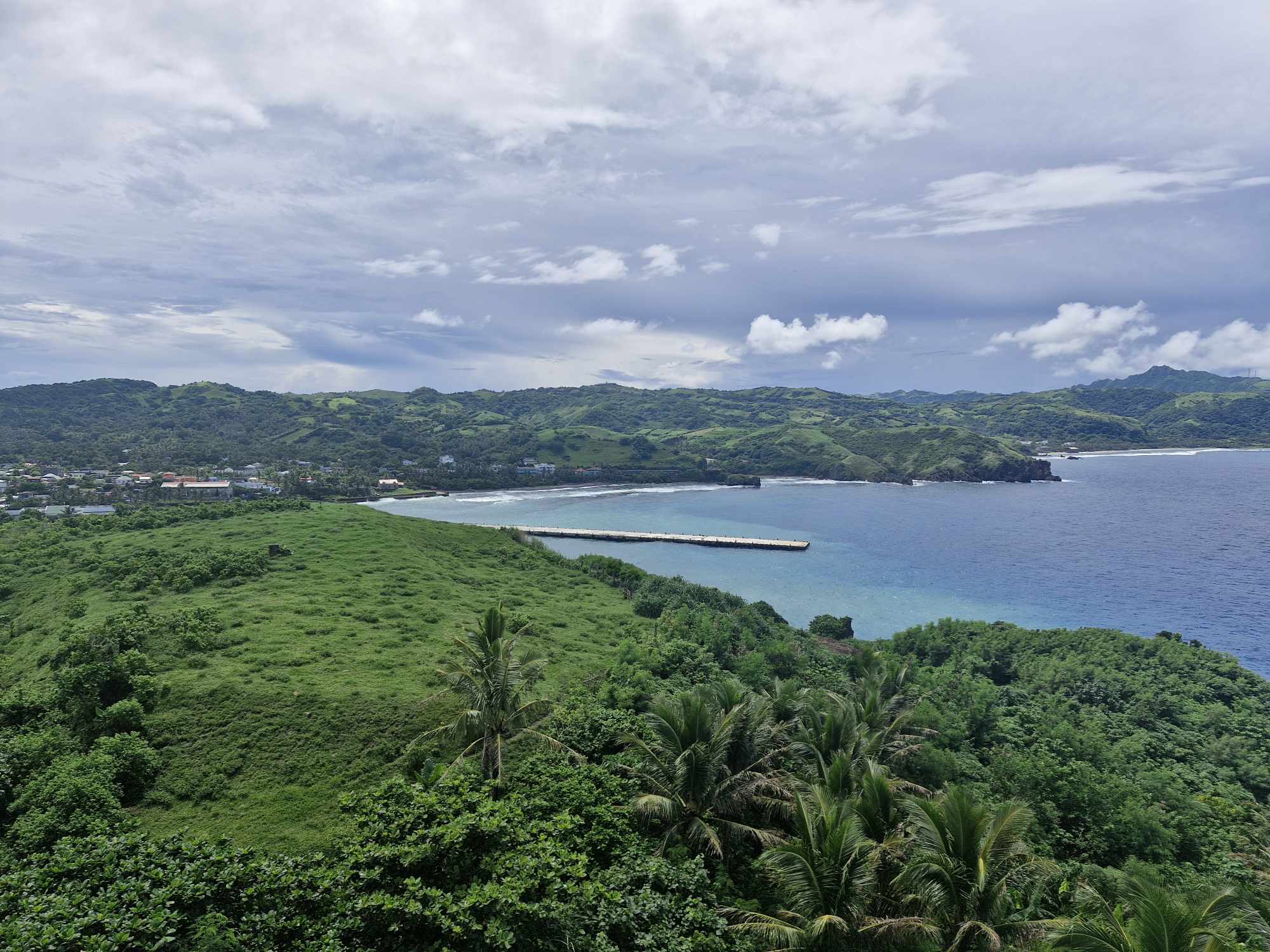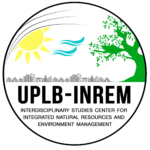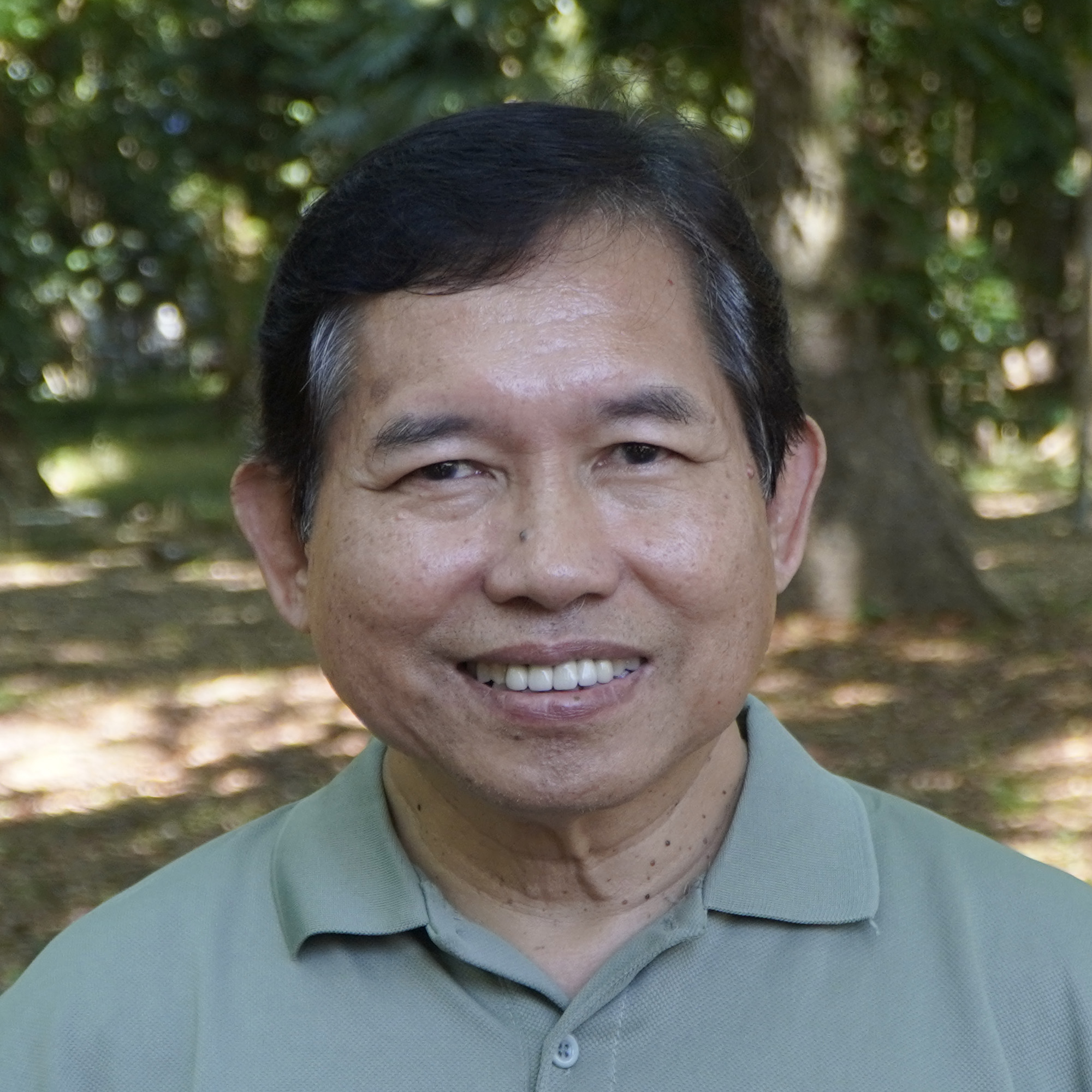Philippines-Canada Partnership on Nature-based Solutions for Climate Adaptation - Vulnerability and Risk Assessment

Project Overview
| Project Title | Philippines-Canada Partnership on Nature-based Solutions for Climate Adaptation – Vulnerability and Risk Assessment |
| Project Leader | Dr. Juan M. Pulhin |
| Implementing Agency | University of the Philippines Los Baños-Interdisciplinary Studies Center on Integrated Natural Resources and Environment Management (UPLB-INREM) |
| Cooperating Agencies | UP Resilience Institute |
| Project Stakeholders |
|
| Funding Agency | Government of Canada through the Forest Foundation Philippines |
| Project Locations | Batanes, Camarines Sur, Palawan, Negros Oriental and NEgros Occidental, and Davao de Oro and Davao Oriental |
| Project Duration | 12 months (August 2024 – July 2025) |
Located in the Pacific Northwest basin and the Ring of Fire, the archipelago that comprises the Philippines is prone to a multitude of extreme events such as volcanic eruptions, earthquakes, tsunamis, and typhoons and their associated hazards year in and year out. This makes the country 4th in the list of countries affected by climate change (Global Risk Index, 2023). Despite these, the Philippines is still among the 18 megadiverse countries in the world hosting 70-80% of known flora and fauna species (Secretariat of the Convention on Biological Diversity, n.d.). These natural hazards, combined with drivers of biodiversity loss, such as commercial exploitation, population growth, habitat destruction, and land use change, put our protected areas and communities in a vulnerable state. As such, a vulnerability and risk assessment is proposed to provide crucial insights into the potential impacts of hazards and climate risks in the targeted sites. By evaluating the vulnerabilities of socio-ecological systems, including communities, ecosystems, and infrastructures, and assessing the associated risks, different stakeholders can effectively allocate resources and develop targeted strategies. The project aims at the three wins of biodiversity conservation, climate adaptation, and encouraging gender equality in natural resource management.





